Equipment
Everything you need to know about the Project X LZ iron shafts
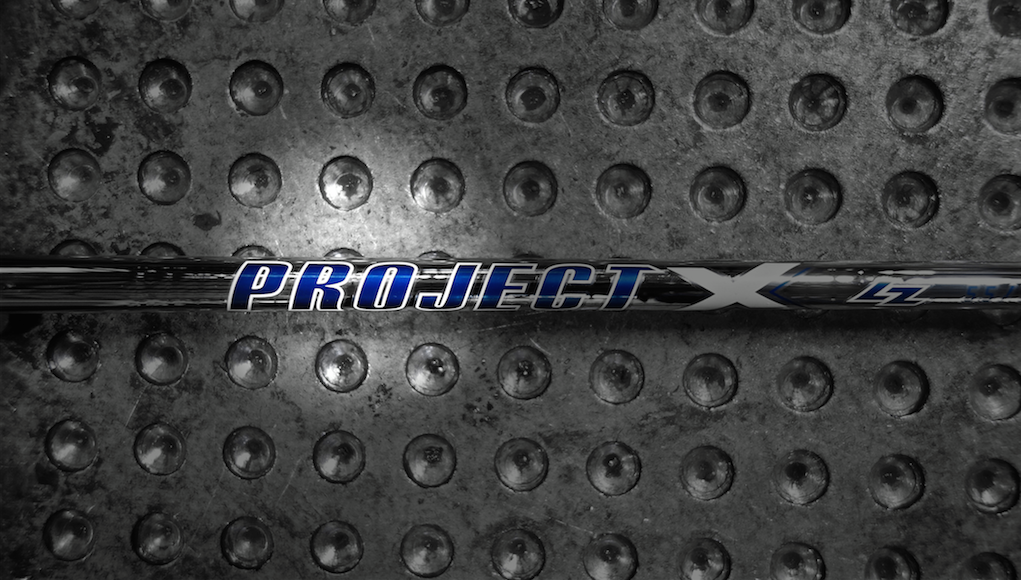
When golfers think of iron shafts played on the PGA Tour, two models generally come to mind. The first is the most-used shaft on the PGA Tour, True Temper’s Dynamic Gold. It’s been the leading choice of serious golfers for nearly four decades. The second is another True Temper shaft. Called Project X, it has been around a little more than a decade, and is the second-most played shaft on the PGA Tour.
It’s starting to feel as though True Temper’s new Project X LZ iron shafts could be another classic in the making, with three high-profile wins in the last four months. Adam Scott used the shafts to win the Honda Classic and WGC-Cadillac Championship, while James Hahn won with the shafts the first week he used them at the Wells Fargo Championship.
What’s different about the Project X LZ shafts, and what can they do for your game? We asked Don Brown, True Temper’s Director of Golf Innovation.
WRX: What’s the difference between the Dynamic Gold, Project X and Project X LZ iron shafts?
DB: Dynamic Gold and Project X share very similar performance profiles. Both are low- launch, low-spin shafts that weigh roughly 125 to 135 grams and both have reinforced tip sections. While their launch conditions are very similar, their EI profiles and feel are very different. Dynamic Gold has a tip section that changes in length (distance to the first step) as you move through the set. Project X, on the other hand, has a 2-inch tip section on every shaft in the set. These differences create a much different feel for these two similarly preforming shafts.
Project X LZ is a different design all together. The PX LZ has both a reinforced tip and butt section, which creates a mid-section that is more active. This allows the shaft to load more and provides exceptional feel. This three-wall design is very unique to the steel golf shaft industry. The PX LZ also has a series of very small micro steps in the midsection to enhance the loading zone even further. It will provide a mid-launch angle with a flat apex.
WRX: How long was the Project X LZ shaft in development? What challenges were there in its design?
DB: As we were seeing the great results with our early prototypes of graphite Project X LZ in late 2013, we immediately began to think if we could see the same benefits in a steel shaft. The challenge was how to create that same affect in a steel shaft. There is a lot more freedom of design with a graphite shaft, where we can easily change the different layers of graphite, as well as use different grades of graphite. In steel, you need to be able to make changes to the internal reinforcement of the shaft and are working with a singular material.
Our steel engineers spent over a year manipulating the steel trying to create the Loading Zone signature EI profile. When they still hadn’t perfected it, they realized they were going to have to do something unconventional. All of our tour shafts have reinforced tip sections for added stability and trajectory control, but for the LZ signature, we were going to have to reinforce the tip and butt sections. That presented a lot of manufacturing challenges that took many months to get right. Finally, with the tri-walled designed dialed in, we added the series of micro steps to increase the flexibility in the loading zone even more. It took almost 2 years to get the designs dialed in, and a few more months of player testing, but with the rapid tour uptake and 3 PGA wins in a few months, it was definitely worth it.
WRX: What has been the feedback from tour players?
DB: Obviously, we have had great success on Tour already with several major champions putting the shafts in play, and over a dozen different players having added it to their bags.
A lot of the players who are adding it are looking to work and flight the ball a little more than they can with the traditional low-launch, low-spin products that dominate the Tour. I think we are seeing players being more receptive to new technologies like LZ and (True Temper’s Dynamic Gold) AMT, as opposed to sticking with traditional designs and weights.
WRX: How do PGA Tour players test new iron shafts? Are they more concerned with what their launch monitor says, what their ball flight does, or what they’re feeling during their swing?
DB: For irons we use the launch monitor, but the data doesn’t figure into decisions as much as it does with drivers. With a driver, the numbers are usually king, and a good range session with a driver shaft can be enough to switch. With irons, it’s more about feel and ball flight. Players aren’t worried as much about distance; they want to see a trajectory and ball flight that they like, and have a feel that gives them confidence.
If a player is satisfied with his current irons, it will usually take a couple rounds of testing before he will consider switching. A player who is searching might switch in the same week, but not without some on-course testing first.
WRX: Some tour players use the same shafts in their irons as they do in their wedges. Others use the same model, but one flex less in their wedges. A smaller group of tour players use completely different shafts, or those specifically design for wedges. Is the Project X LZ a good wedge shaft?
DB: With wedges, usually we see the pitching wedge is the same shaft as the set, and the other wedges can be independent. With our LZ players, we have some who have gone to LZ through the set, some who stuck with their existing wedges shafts and one player who is still testing LZ in his irons, but has put LZ into his gap and lob wedges.
LZ certainly can work well as a wedge shaft, but for many players wedges are about confidence and feel, so we don’t see players switch their gap, sand and lob wedges shafts very often.
WRX: Anything else we need to know, Don?
DB: I encourage all GolfWRX readers to give the LZ shafts a try at a demo day or club fitter. The technology in these shafts is really unique, and provides a different performance and feel than anything else out there on the market. PX LZ are available now from our PFC dealers, and many of the OEMs have already added them to custom or will be adding them very soon.
WRX: Thanks Don.
- LIKE390
- LEGIT47
- WOW23
- LOL11
- IDHT13
- FLOP12
- OB8
- SHANK26
Whats in the Bag
Steve Stricker WITB 2024 (April)
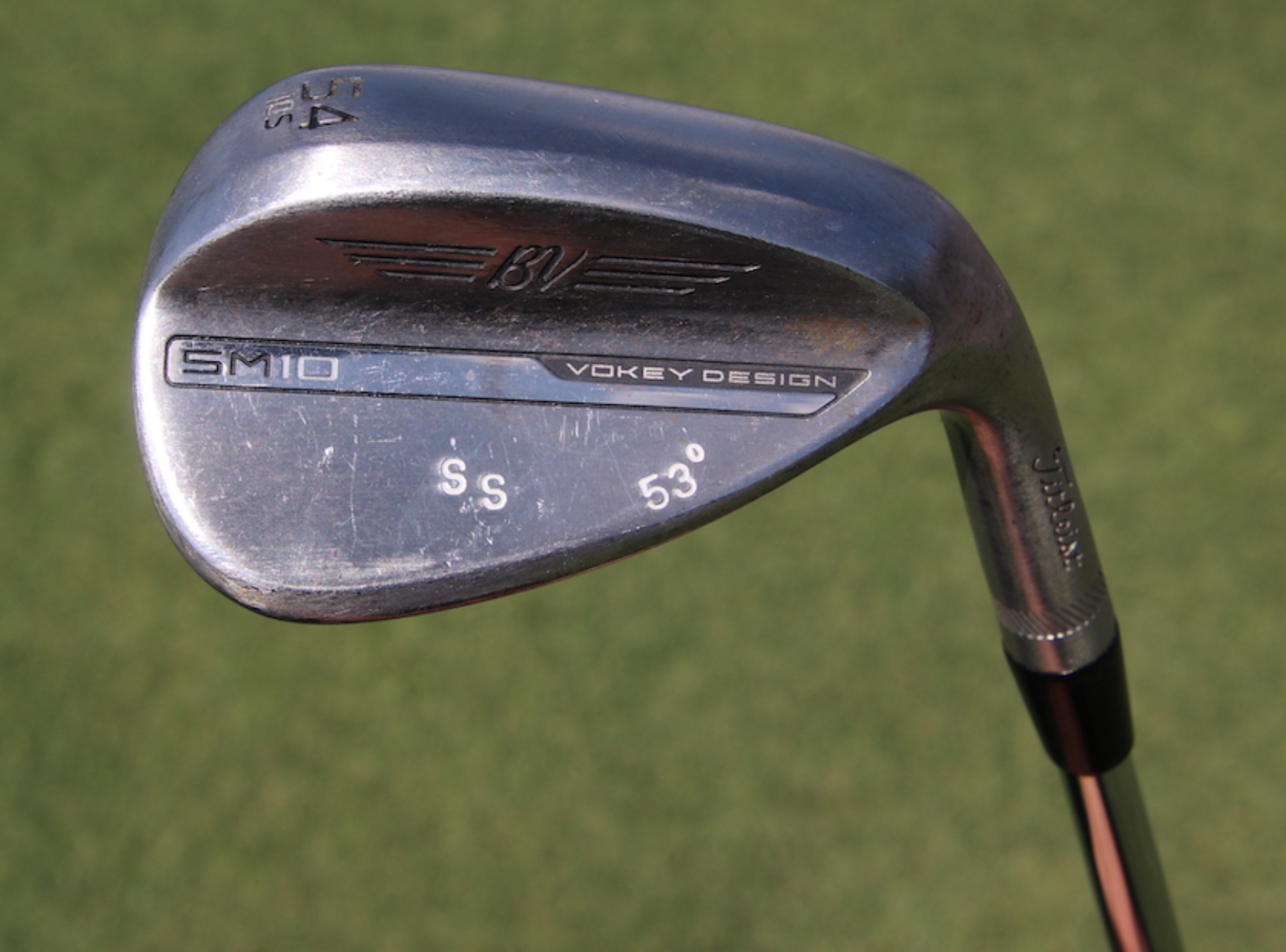
- Steve Stricker WITB accurate as of the Zurich Classic. More photos from the event here.
Driver: Titleist TSR3 (9 degrees, C4 SureFit setting)
Shaft: Fujikura Motore Speeder VC 7.2 X
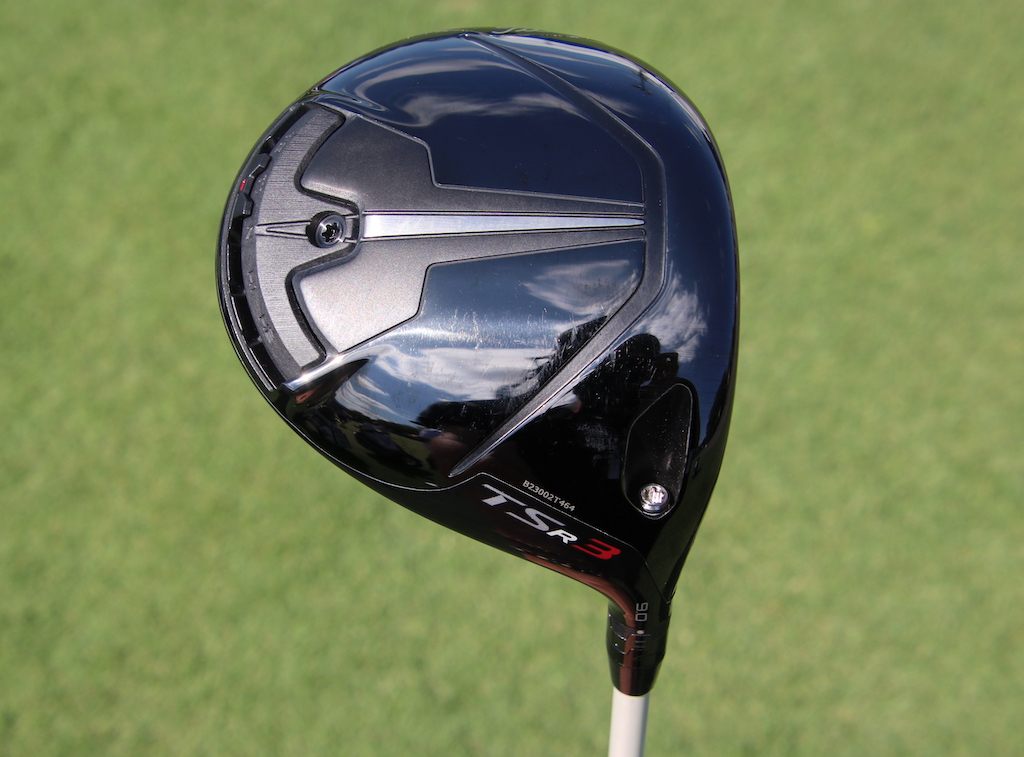

3-wood: Titleist 915F (13.5 degrees)
Shaft: Mitsubishi Tensei CK Pro White 80 TX
Hybrid: Titleist 816 H1 (17 degrees)
Shaft: Fujikura Motore Speeder VC 9.2 X
Irons: Titleist T200 (3, 4), Titleist T100 (5-9)
Shafts: Project X 6.5
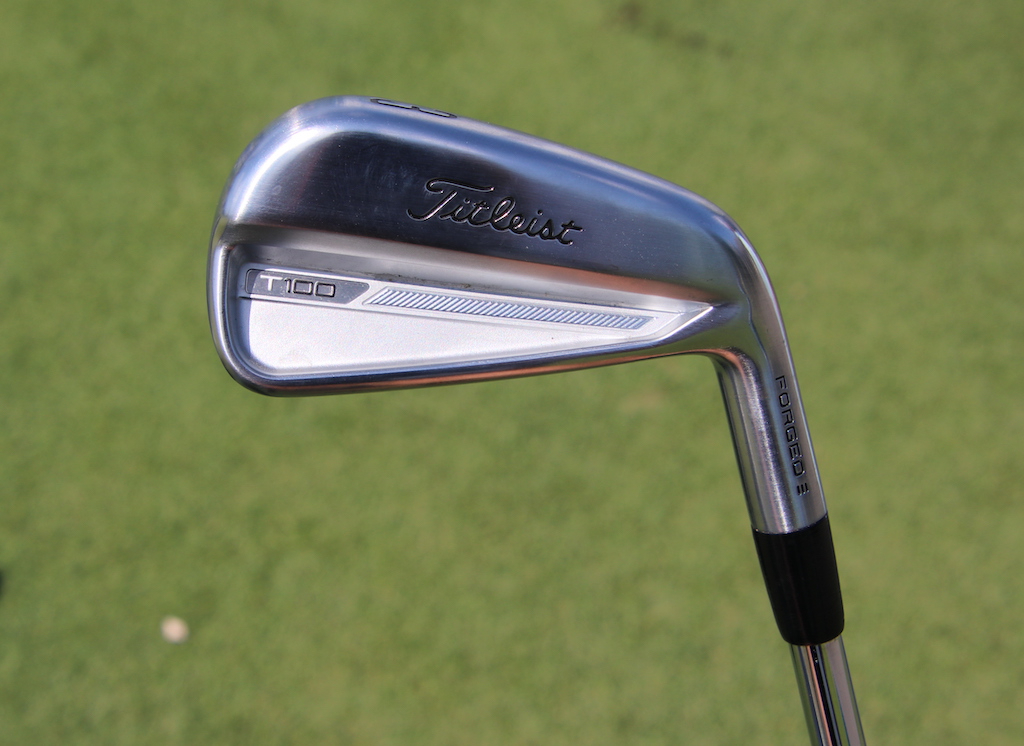
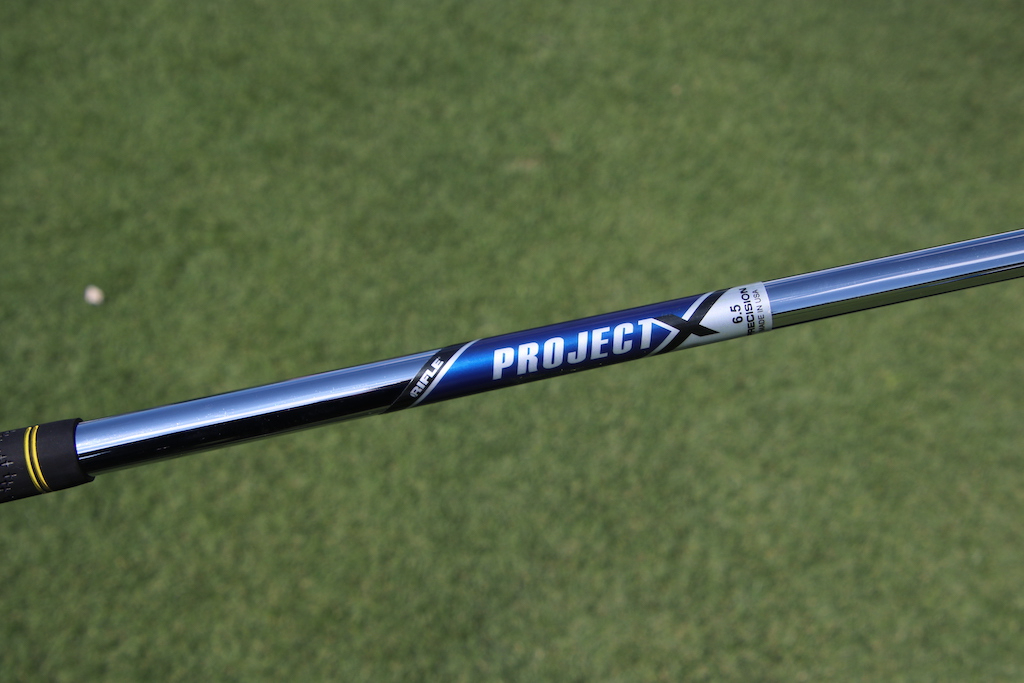
Wedges: Titleist Vokey SM8 (46-10F @55), Titleist Vokey SM10 (54-10S @53), Titleist Vokey SM4 (60 @59)
Shafts: True Temper Dynamic Gold X100 w/Sensicore
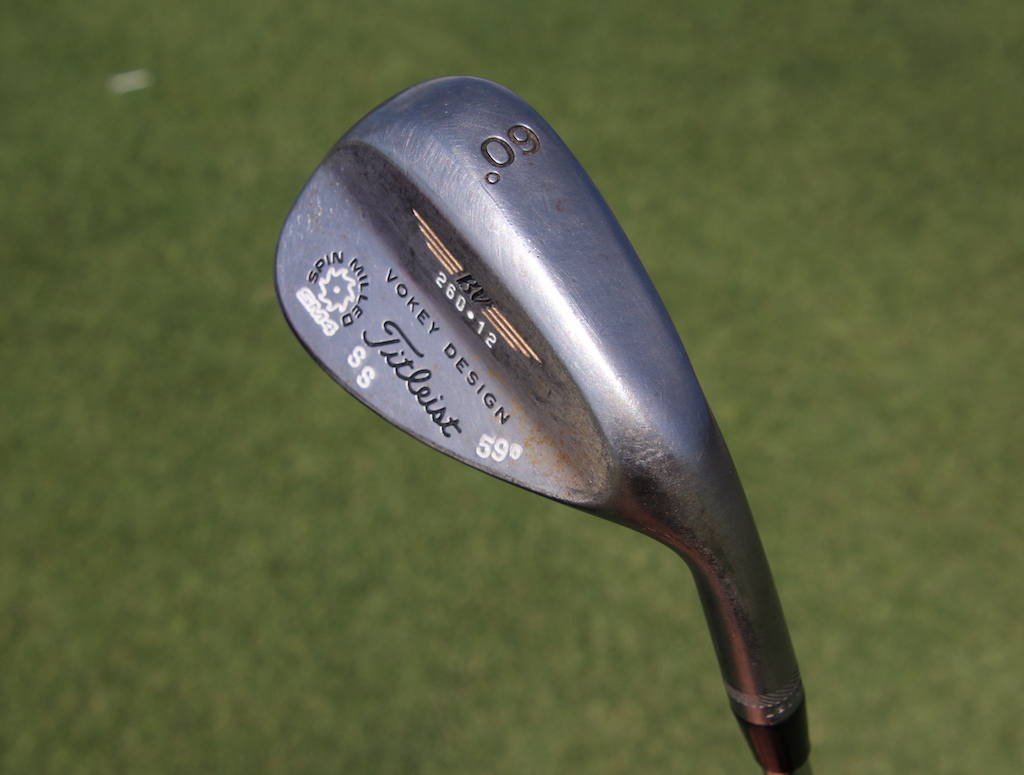
Putter: Odyssey White Hot No. 2
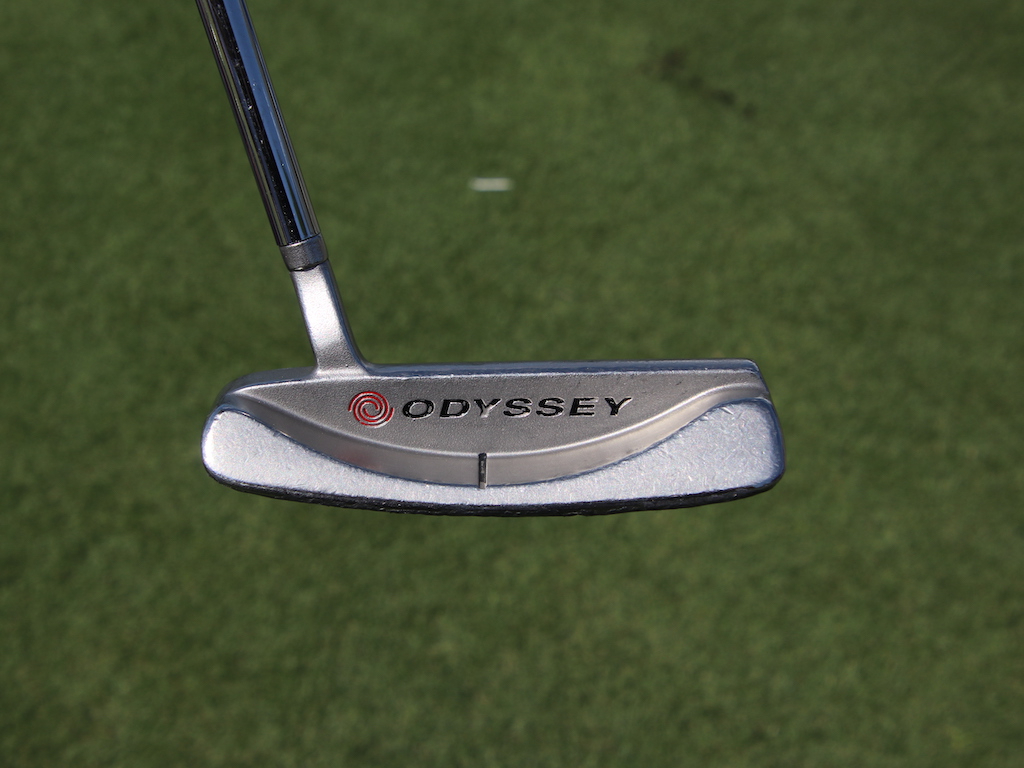
Ball: Titleist Pro V1x
Grips: Golf Pride Tour Velvet Grip Rite
Check out more in-hand photos of Steve Stricker’s clubs here.
- LIKE18
- LEGIT2
- WOW0
- LOL0
- IDHT1
- FLOP0
- OB0
- SHANK0
Whats in the Bag
Alex Fitzpatrick WITB 2024 (April)
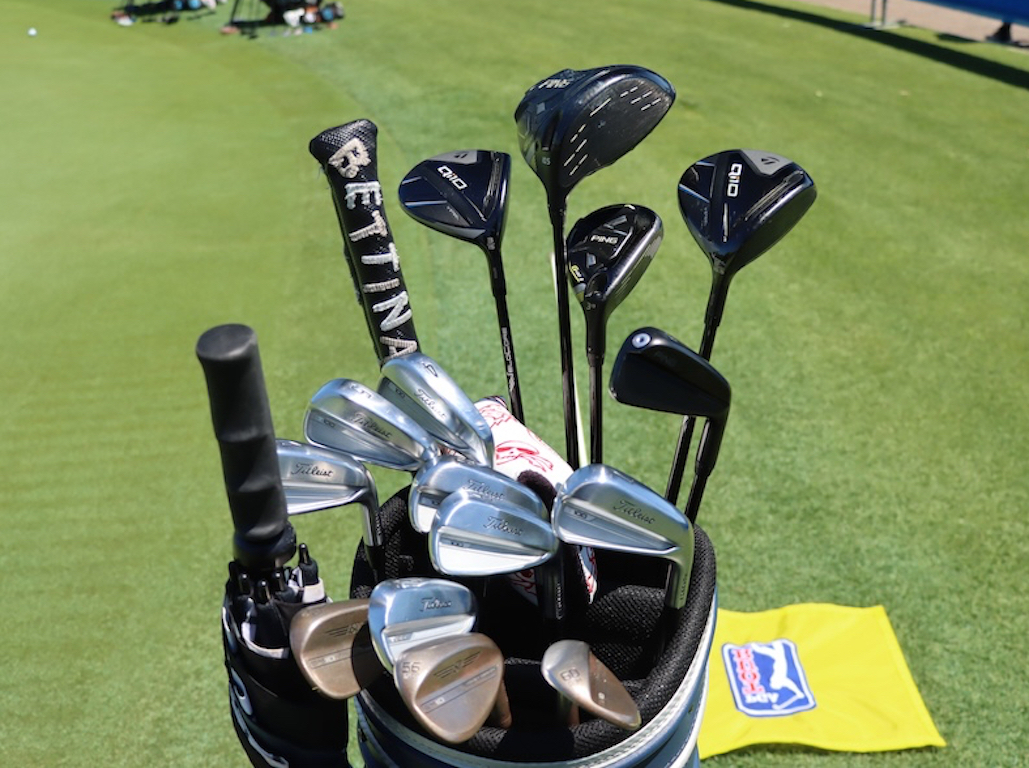
- Alex Fitzpatrick what’s in the bag accurate as of the Zurich Classic.
Driver: Ping G430 LST (10.5 degrees)
Shaft: Fujikura Ventus Black 6 X
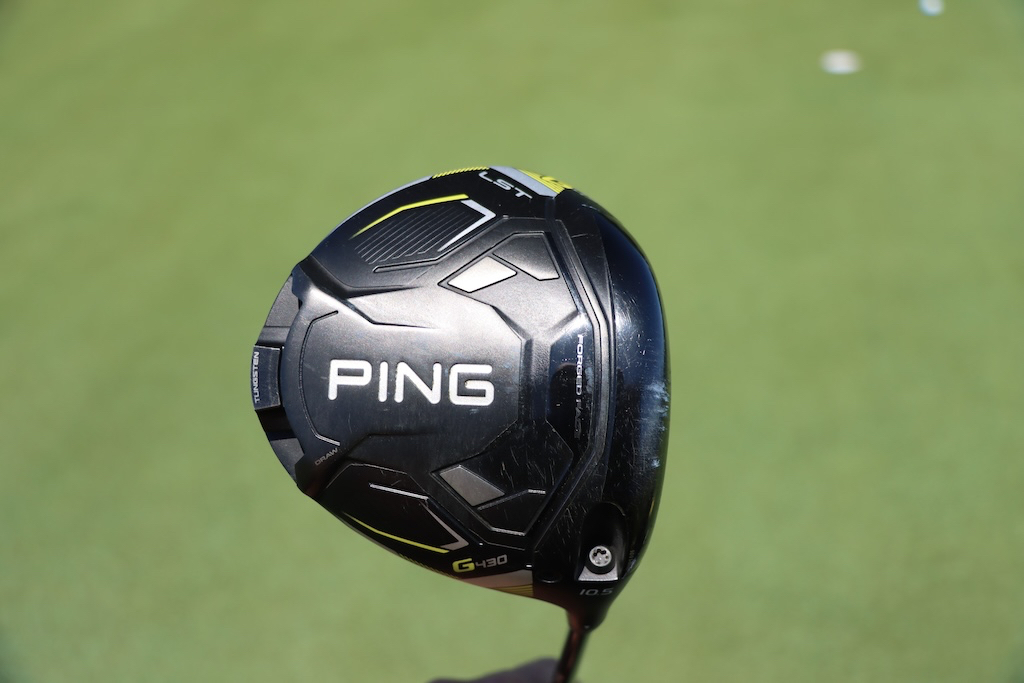
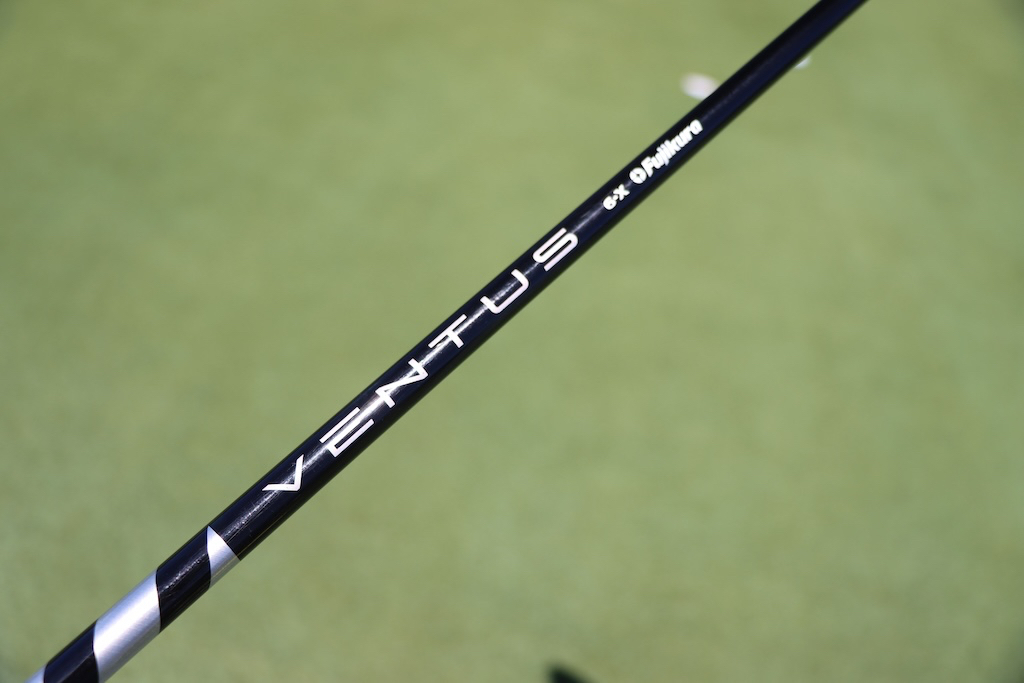
3-wood: TaylorMade Qi10 (15 degrees)
Shaft: Fujikura Ventus TR Black 7 X
Hybrid: Ping G430 (19 degrees)
Shaft: Fujikura Ventus Black HB 10 TX
Irons: Ping iCrossover (2), Titleist T100 (4-PW)
Shafts: Fujikura Ventus Black HB 9 TX (2), Nippon N.S. Pro Modus 3 Tour 120 X (4-9)
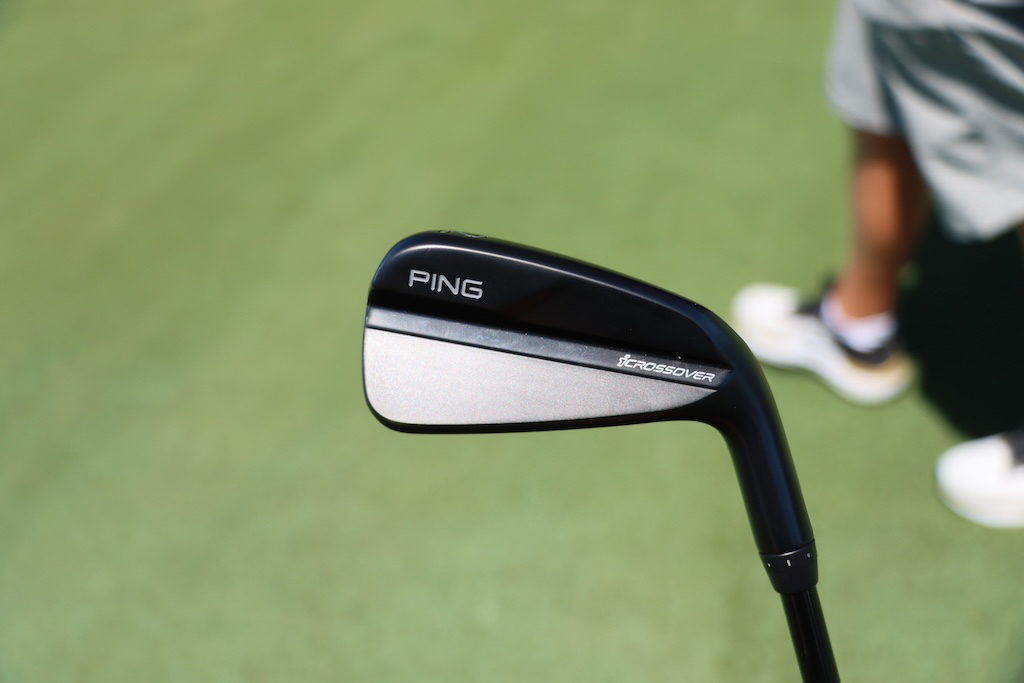
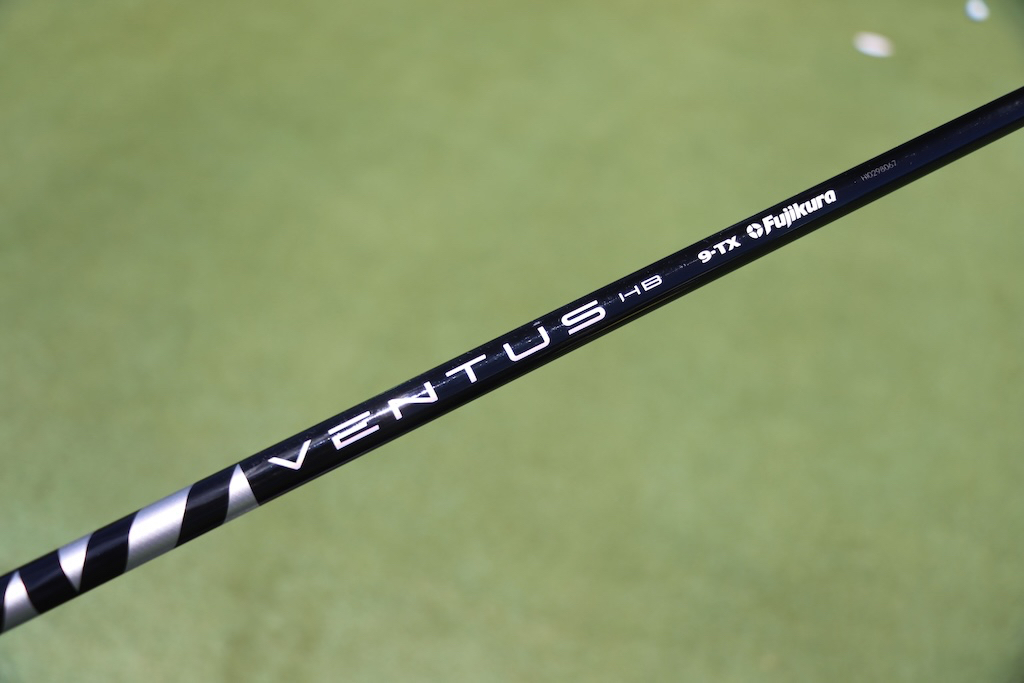
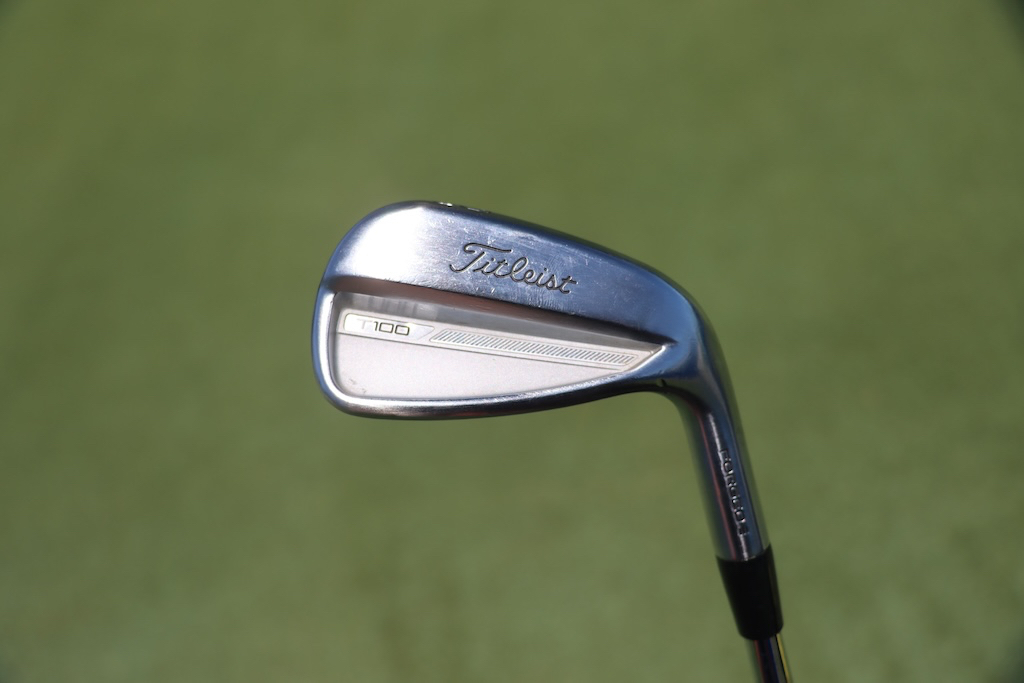
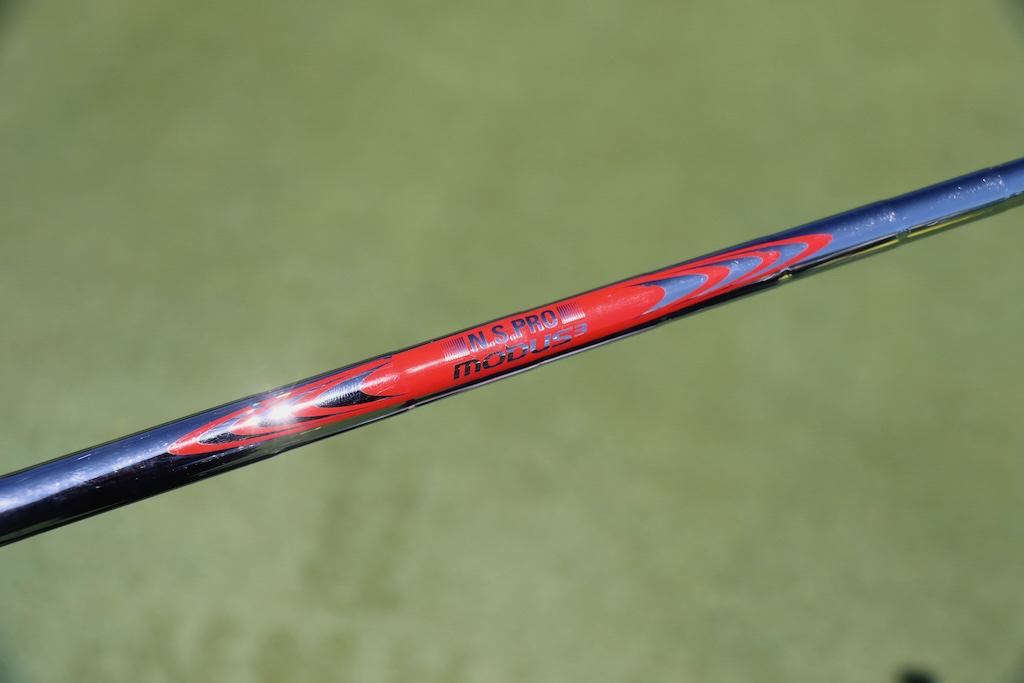
Wedges: Titleist Vokey Design SM10 (50-12F, 56-12D, 60-08M)
Shafts: Nippon N.S. Pro Modus 3 Tour 120 X
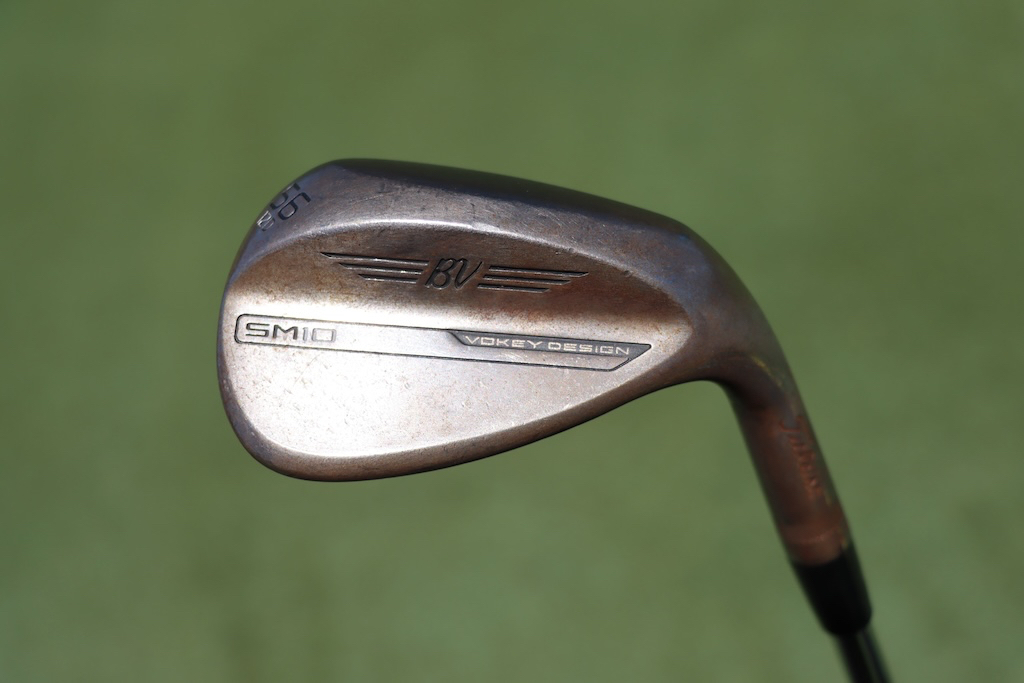
Putter: Bettinardi SS16 Dass
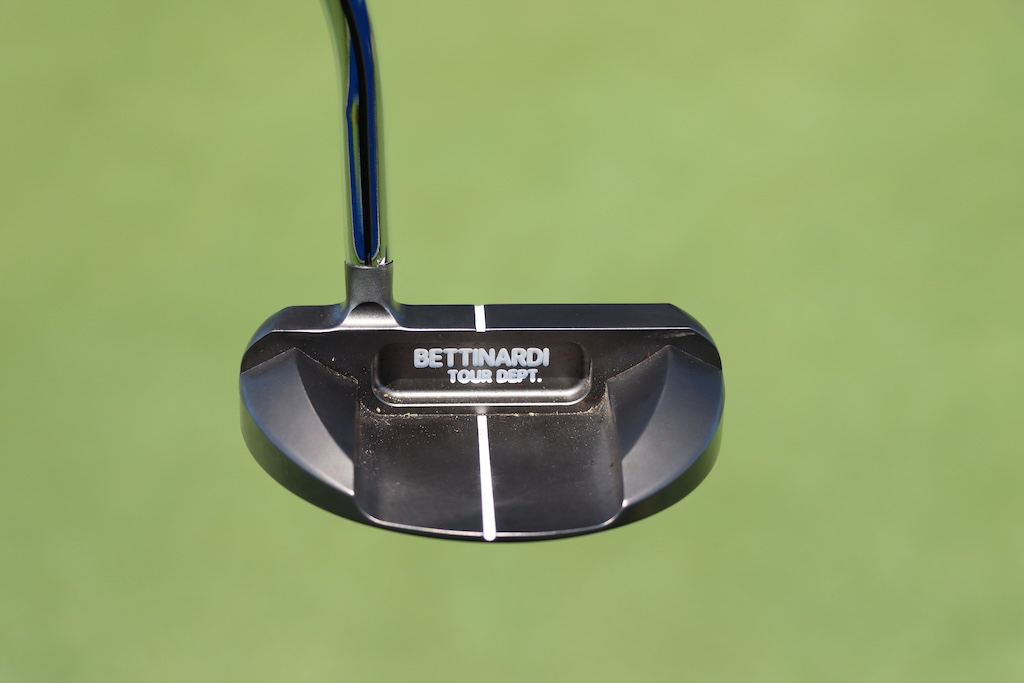
Grips: Golf Pride MCC
Check out more in-hand photos of Alex Fitzpatrick’s clubs here.
- LIKE9
- LEGIT0
- WOW0
- LOL0
- IDHT1
- FLOP0
- OB0
- SHANK0
Equipment
What’s the perfect mini-driver/shaft combo? – GolfWRXers discuss

In our forums, our members have been discussing Mini-Drivers and accompanying shafts. WRXer ‘JamesFisher1990’ is about to purchase a BRNR Mini and is torn on what shaft weight to use, and our members have been sharing their thoughts and set ups in our forum.
Here are a few posts from the thread, but make sure to check out the entire discussion and have your say at the link below.
- PARETO: “New BRNR at 13.5. Took it over to TXG (Club Champ but TXG will always rule) in Calgary for a fit. Took the head down to 12, stuck in a Graphite Design AD at 3 wood length and 60g. Presto- numbers that rivaled my G430Max but with waaaaay tighter dispersion. Win.”
- driveandputtmachine: “Still playing a MIni 300. The head was only 208, so I ordered a heavier weight and play it at 3 wood length. I am playing a Ventus Red 70. I play 70 grams in my fairways. I use it mainly to hit draws off the tee. When I combine me, a driver, and trying to hit a draw it does not work out well most of the time. So the MIni is for that. As an aside, I have not hit the newest BRNR, but the previous model wasn’t great off the deck. The 300 Mini is very good off the deck.”
- JAM01: “Ok, just put the BRNR in the bag along side a QI10 max and a QI10 3 wood. A load of top end redundancy. But, I have several holes at my two home courses where the flight and accuracy of the mini driver helps immensely. Mine is stock Proforce 65 at 13.5, I could see a heavier shaft, but to normal flex, as a nice alternative.”
Entire Thread: “What’s the perfect Mini-Driver/Shaft combo? – GolfWRXers discuss”
- LIKE5
- LEGIT1
- WOW0
- LOL0
- IDHT1
- FLOP0
- OB0
- SHANK4
-

 19th Hole2 weeks ago
19th Hole2 weeks agoDave Portnoy places monstrous outright bet for the 2024 Masters
-

 19th Hole5 days ago
19th Hole5 days agoJustin Thomas on the equipment choice of Scottie Scheffler that he thinks is ‘weird’
-

 19th Hole3 weeks ago
19th Hole3 weeks agoTiger Woods arrives at 2024 Masters equipped with a putter that may surprise you
-

 19th Hole5 days ago
19th Hole5 days ago‘Absolutely crazy’ – Major champ lays into Patrick Cantlay over his decision on final hole of RBC Heritage
-
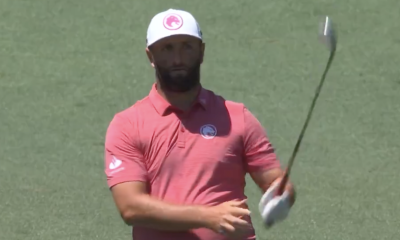
 19th Hole2 weeks ago
19th Hole2 weeks agoTwo star names reportedly blanked Jon Rahm all week at the Masters
-
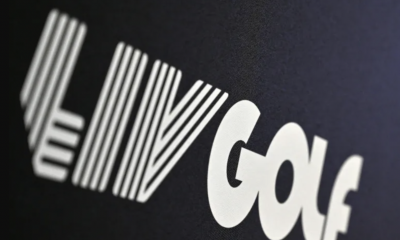
 19th Hole2 weeks ago
19th Hole2 weeks agoReport: LIV Golf identifies latest star name they hope to sign to breakaway tour
-

 19th Hole2 weeks ago
19th Hole2 weeks agoNeal Shipley presser ends in awkward fashion after reporter claims Tiger handed him note on 8th fairway
-

 19th Hole1 week ago
19th Hole1 week agoBrandel Chamblee has ‘no doubt’ who started the McIlroy/LIV rumor and why

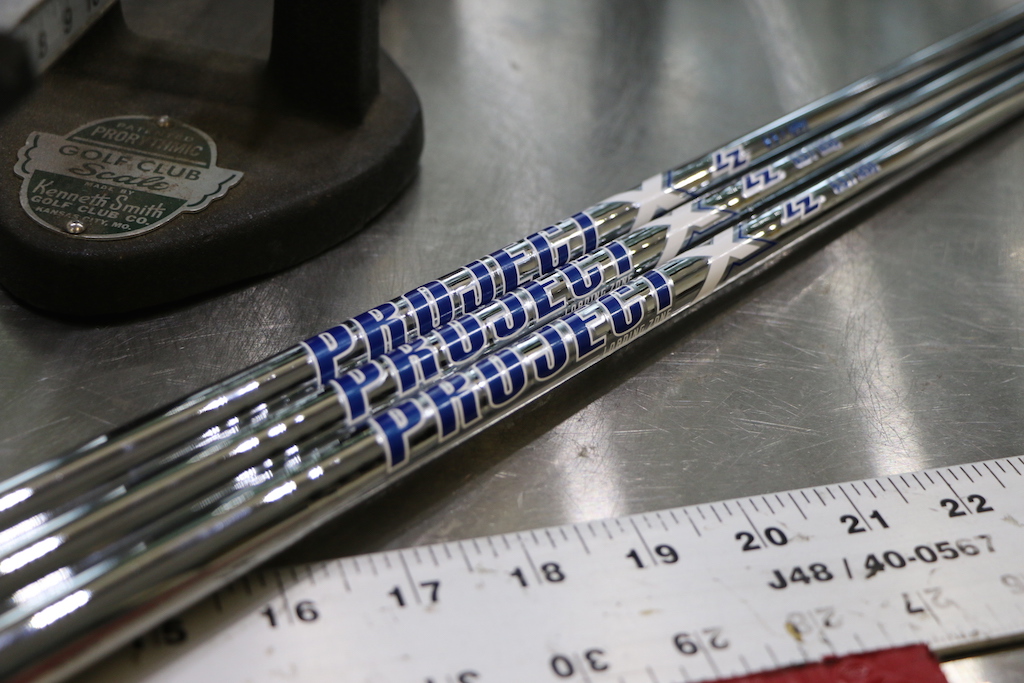
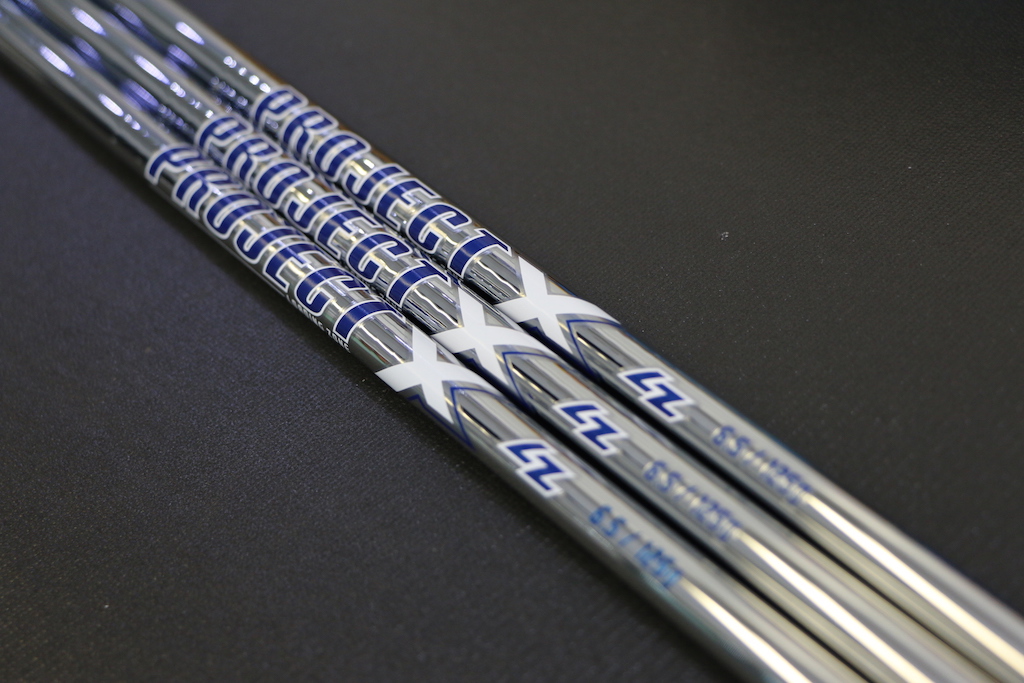


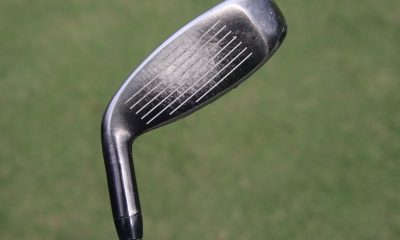

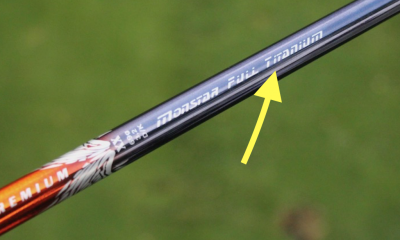

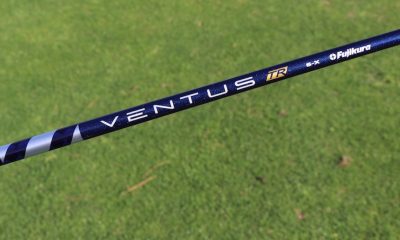

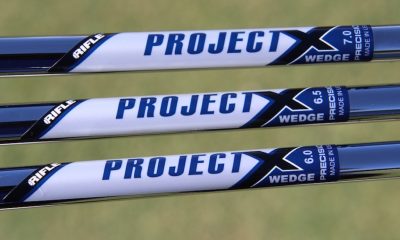

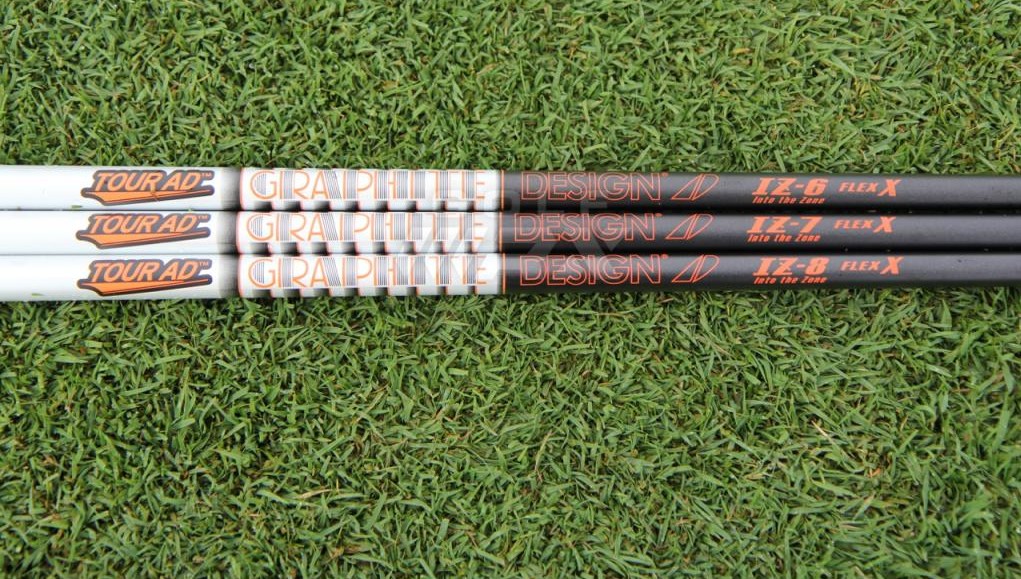
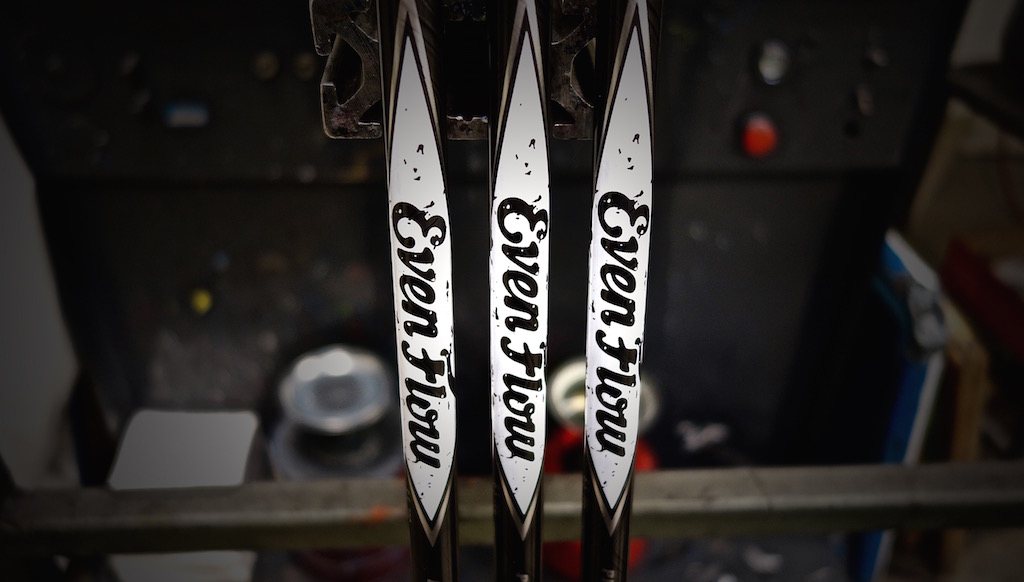





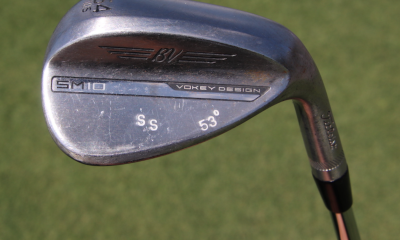

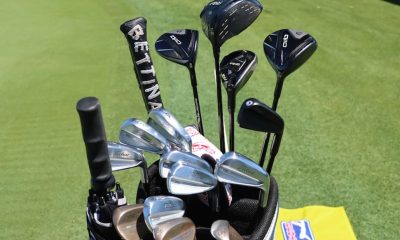

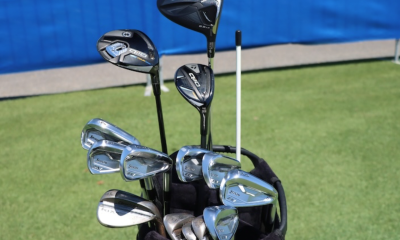

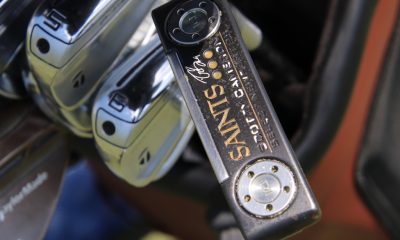

situs casino online terbaik
Apr 6, 2021 at 8:17 am
Thanks a lot, highly appreciated 🙂
Jericho
Jan 22, 2017 at 3:05 pm
I’ve been swinging the 2006 satin finish 6.0 Project x matched with the satin finish 2006 TP MB’s ..my game is a little funny right now but still around 69-72ish ..how would th PX lz compare to my 2006 PX ?
Tom Duckworth
May 22, 2016 at 12:15 pm
Some specs. would have been nice to include. So many factors go into picking the right iron shaft for your swing.
I have good swing speed but don’t load real aggressively so I start with that idea in mind when I look at any shaft . They are for the most part all good shafts just find the one that fits the best is what counts. I don’t really care what the guys on tour play because I don’t swing like them anyway.
Faxon
May 21, 2016 at 6:20 am
Why are you posting this information now, when this shaft is over 2 years old?
Dave
May 20, 2016 at 5:09 pm
125to135 gram shafts ,you would have to have a pretty fast swing speed to hit these all day ,and be fairly muscle bound also . I know personally I would be tired after 12holes trying to swing these.
Joshuaplaysgolf
May 20, 2016 at 5:53 pm
If you’ve ever swung a DG S300, one of the most popular/common shafts, you’ve swung a 130g shaft. It’s a pretty standard weight for steel shafts…with, of course, numerous lighter options available. You seem to think this is only for tour-level and/or burley players and its Titleist’s stock iron shaft. Lol. Even the R300 is 127g. Most people can load a shaft of that weight, it’s a matter of finding the right weight to lock in tempo and your personal preference of swing weight.
Brad
May 20, 2016 at 1:38 pm
Personally, I like the idea, but my favorite shafts are KBS Tour C-Taper. I really want to try out Dynamic Gold AMT, but these look fantastic!
erlybrd
May 19, 2016 at 10:41 pm
Well it sounds like Modus 120. I guess LZs are pretty nice as well. I’d rather have shafts made in Japan though – Nippon.
Dave C
May 23, 2016 at 10:09 pm
It sounds more like the profile of the Modus3 125 version.
LabraeGolfer
May 19, 2016 at 2:02 pm
I think these seem like they are made to compete with the KBS Tours… sounds like a similar profile maybe the Modus3 as previously mentioned as well….
Joshuaplaysgolf
May 19, 2016 at 1:02 pm
I would be really interested to see a testing against these and what, in my mind, sounds like a similar shaft weight/flex point like the Nippon modus3 125’s. Personally, these went in my irons this year and the trajectory and dispersion is phenomenal…but being a wrxer, naturally when I see something new and shiny I want to play with it.
Milo
May 19, 2016 at 10:46 am
I wonder how these would compare to my PXi shafts.
Lp
May 20, 2016 at 2:13 am
Not even the same. PXi is softer tipped. PX is stiff tipped.
golfraven
May 19, 2016 at 9:22 am
When I think of iron shafts played on tour I also thing of KBS and Nippon as well. So just mentioning True Temper is bit far fetched. I understand it is in the context of the article but bit misleading – stop favouring specific brands. I play the PX and would be interested to try the LZ but certainly will also have KBS on my mind.
name goes here
May 19, 2016 at 11:41 am
Considering the article is an interview advertorial piece, why mention the competition? Everyone reading already knows.
Lp
May 20, 2016 at 2:12 am
golfraven,
what in the heck on Earth are you blethering about? True Temper owns PX. So why wouldn’t any writer mention PX with True Temper? It’s the same company.